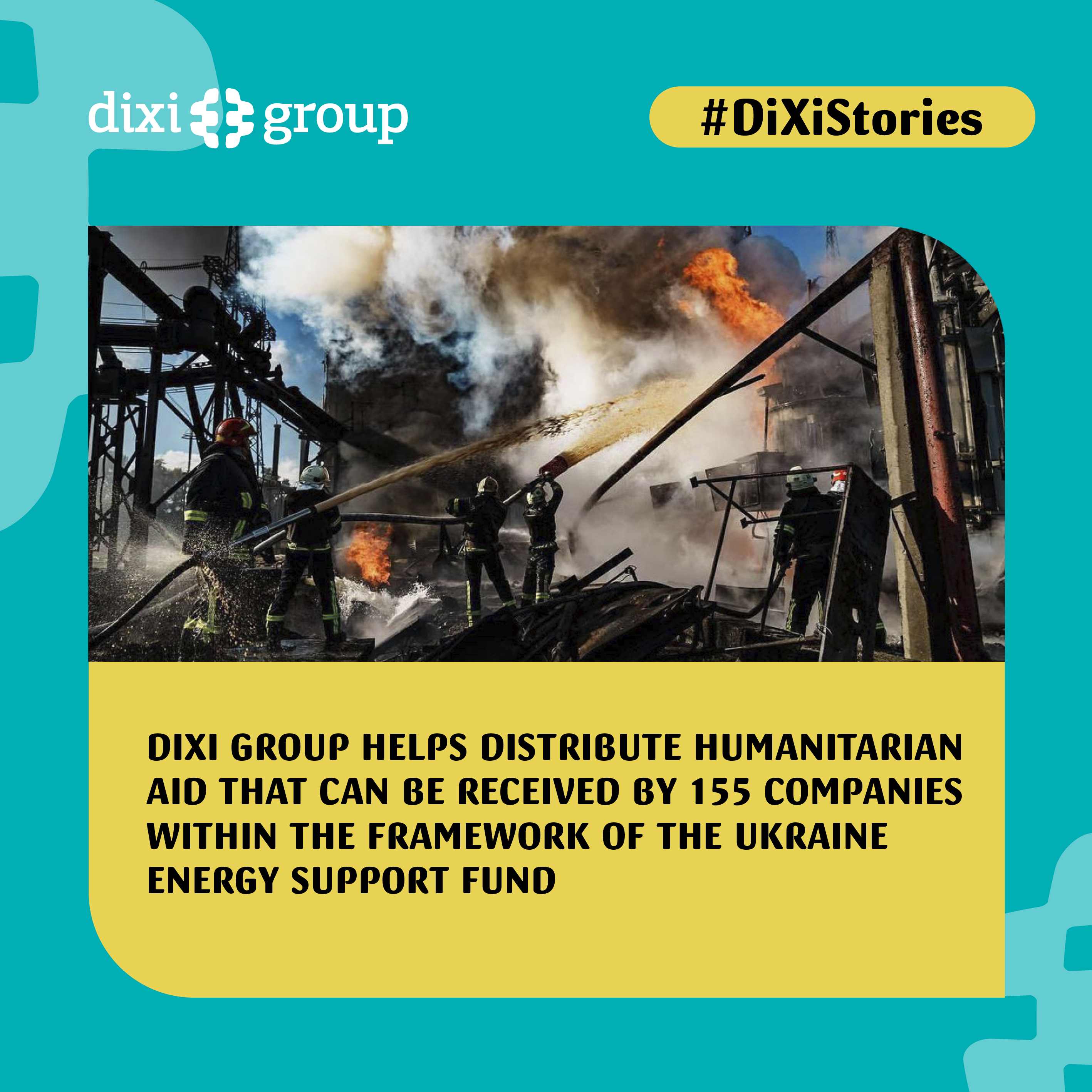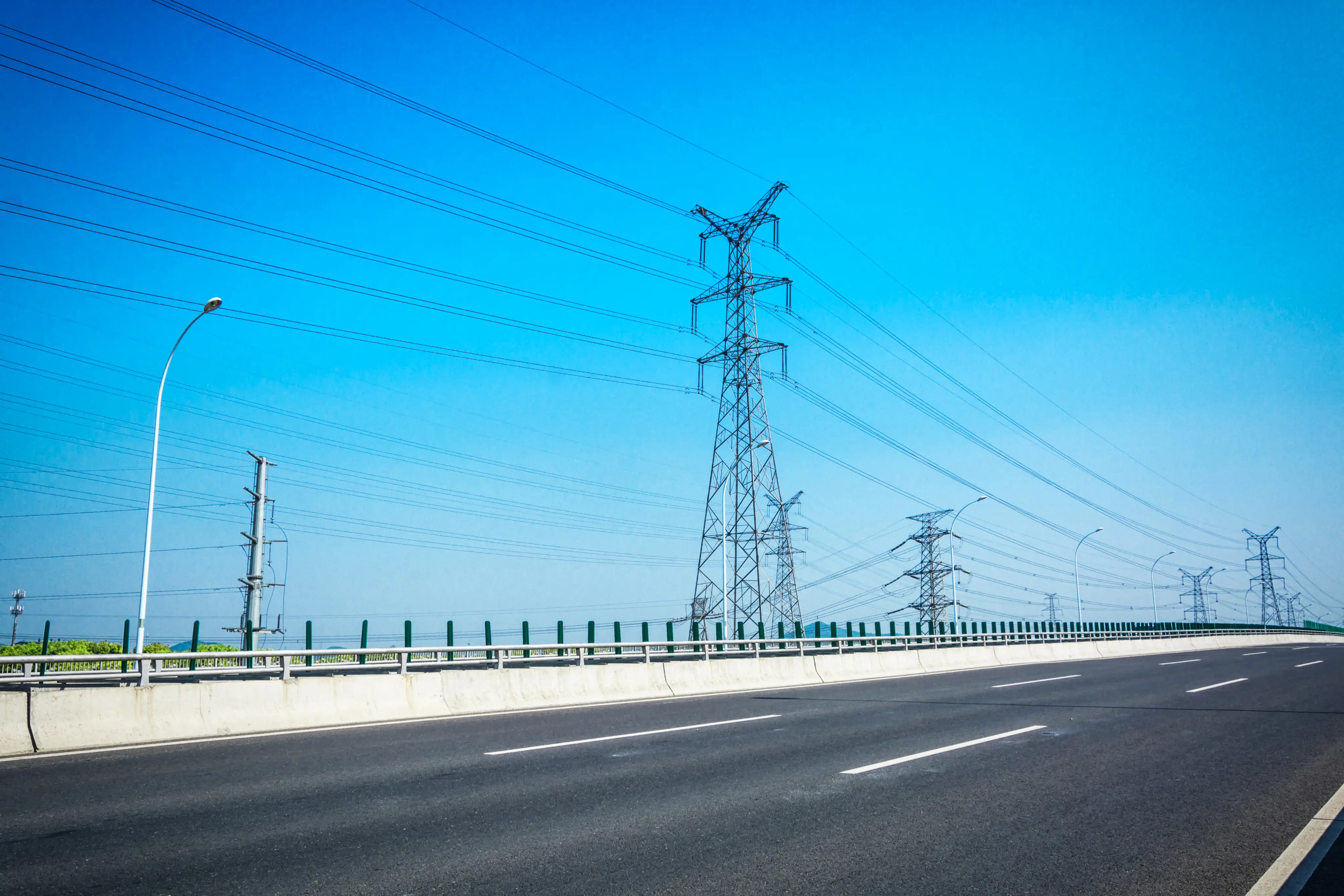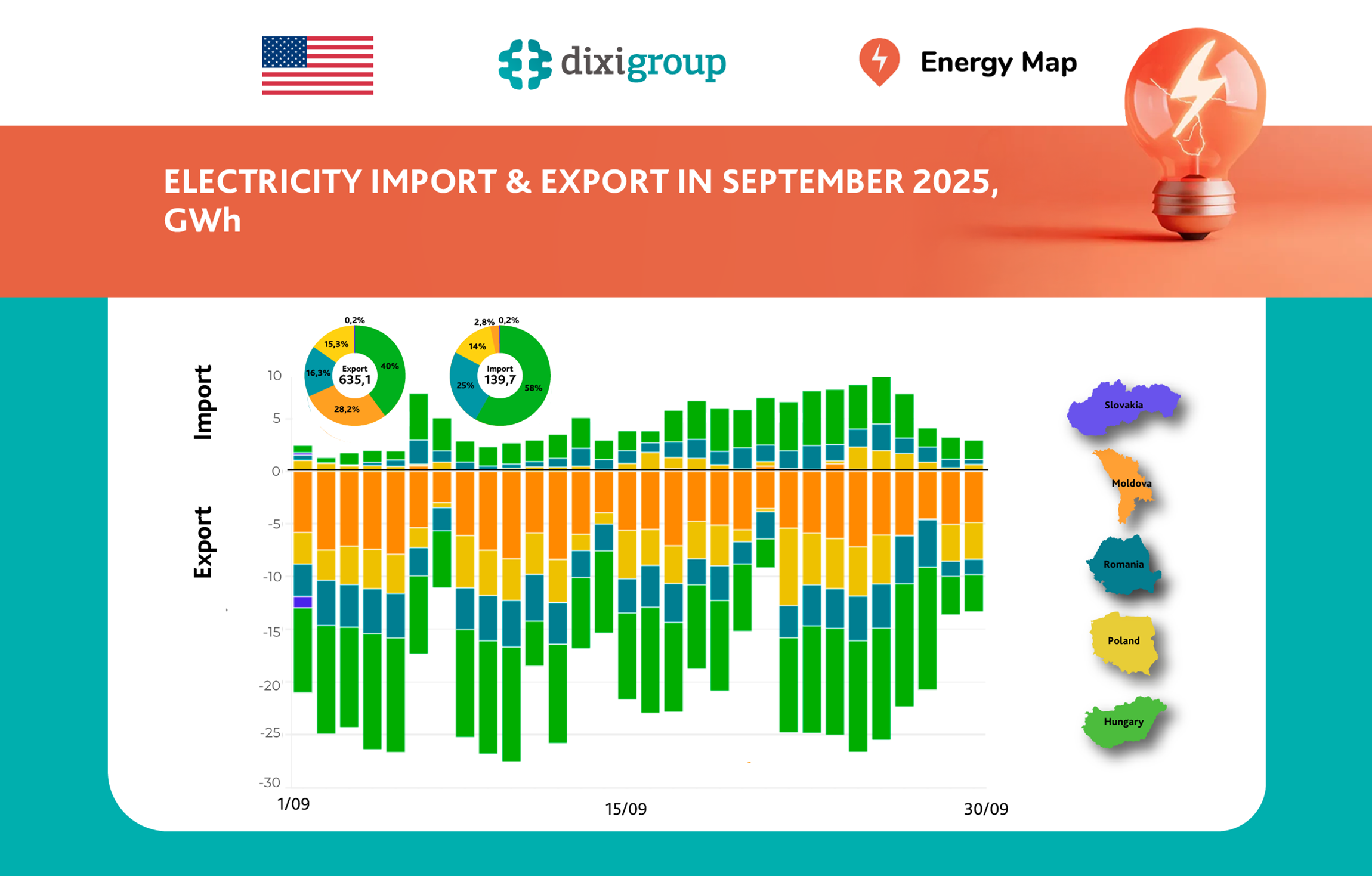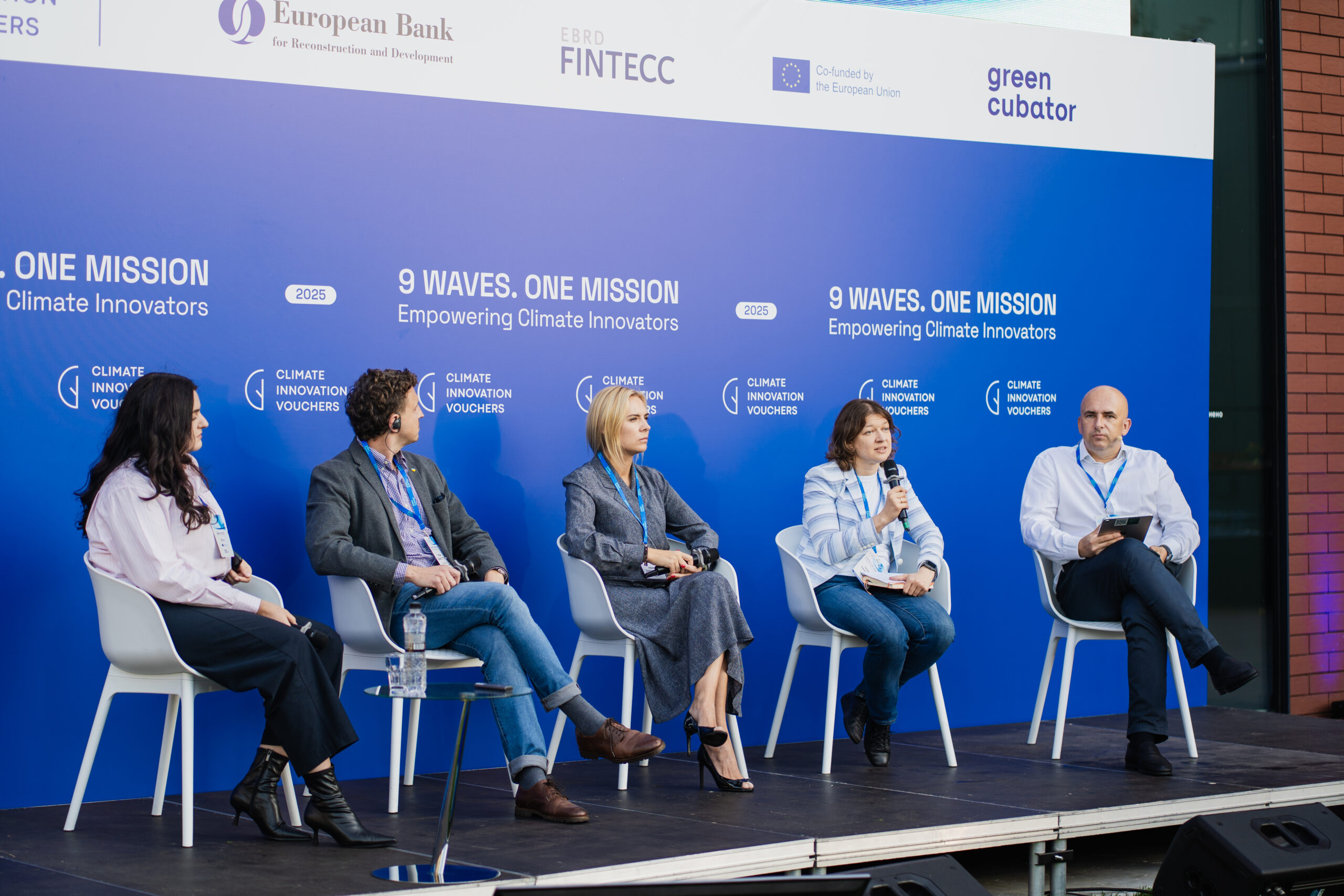For the third year in a row, the Ukrainian power grid has been affected by massive missile attacks from Russia. Both state-owned and private generation facilities have suffered significant damage. Two components play an important role in its recovery:
- Humanitarian aid received from donors and partners in the form of equipment
- The Energy Support Fund for Ukraine, established at the joint initiative of the European Commission and the Ministry of Energy of Ukraine. The Fund is managed by the Energy Community Secretariat.
Thanks to the titanic efforts of power engineers, which were reinforced by additional capabilities, we managed to withstand and restore the capacity that was possible after massive attacks on energy facilities during the 2022-2023 heating season.

More than 155 Ukrainian state-owned and private energy companies are currently eligible for assistance under the Fund. As of 1 April 2024, the Fund has received over €393 million. Together with the pledges made by sponsors, the total amount of grant assistance through the Fund is around €410 million.
The work in both areas is coordinated by the Working Group on Humanitarian Assistance in the Energy Sector, an advisory body to the Ministry of Energy. The group receives requests from energy companies and makes decisions on the distribution of humanitarian aid and the purchase of urgent needs at the expense of the Fund. From the first days of the full-scale invasion, DiXi Group experts joined the group.
“In addition to participating in the distribution of the humanitarian aid, DiXi Group team also contributed to the operational activities. In particular, we helped to set up the process of collecting information about the needs, their generalisation and the distribution procedure as such. Together with the team of the Ministry of Energy, we designed the logic of the AidEnergy system, which is currently a single window for donors and partners, representatives of affected companies, as well as the operational team of the Working Group”, says Andrii Bilous, General Manager of Open Data at DiXi Group.
He adds: “This automation has significantly reduced the time it takes to complete some of the processes and has significantly improved the quality of work”.
Among the key functions of the AidEnergy system are:
- maintaining and administering a database of the sector’s needs, as well as the level of their satisfaction; received assistance and its distribution among recipients (fuel and energy companies);
- digitised survey process among companies on the distribution of assistance already provided and on providing quick feedback to donors on the assistance they offer;
- donors can access online data on needs and summary analytics and detailed data on the geography of assistance distribution by categories of needs, recipients, etc. Read more about AidEnergy’s work in 2023 in the DiXi Group Annual Report: https://bit.ly/3xHH5Du
DiXi Group experts are also involved in analysing information and collecting reports on the use of the assistance provided. Understanding the importance of the Working Group’s tasks both for the restoration of the energy sector after the latest shelling by the enemy and for the future reconstruction of the Ukrainian energy system, the DiXi Group team is working daily to find new solutions to optimise the Group’s work.
For more information on how the aid to the energy sector is distributed, please follow the link:





